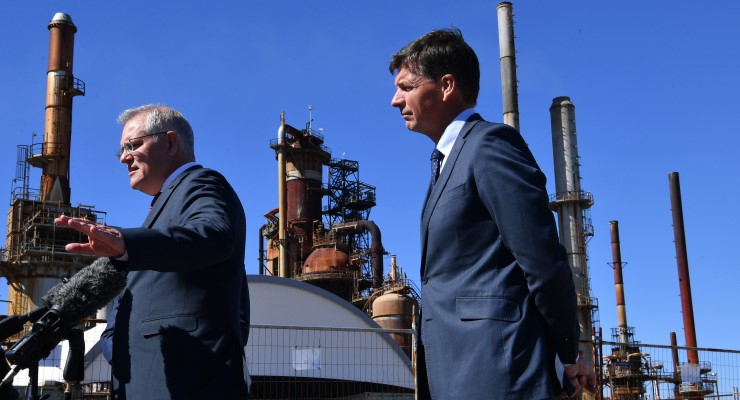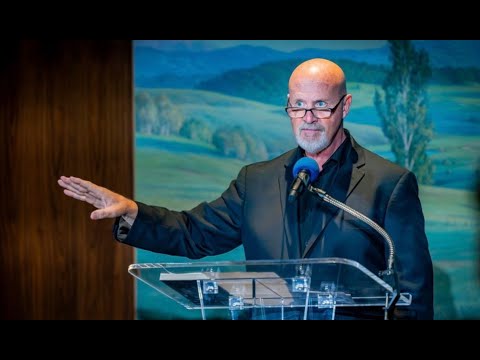Handouts to Ampol and Vitol to keep refining petrol in Australia have none of the basic protections you’d expect for taxpayers.
Investors were quick to pick the winners from the Morrison government’s move to subsidise the continuing operations of two oil refineries: Ampol’s Lytton operation in Brisbane and Viva Energy’s Geelong refinery near Melbourne.
The shares in Ampol and Viva had risen more than 6% by midday Monday, much more than the wider market’s half a per cent rise, reflecting enthusiasm for an aid package that could cost more than $2 billion over the course of the 2020s. The two companies join the long list of Australian businesses subsidised by governments — airlines, farmers, steelmakers, aluminium smelters, defence manufacturers — not to mention the taxpayer-backed deposit insurance scheme for banks.
The handouts to refiners has been deemed essential for energy and national security so that some amount of national oil demand (about 1.1 million barrels a day) be processed here. The two refineries process about 225,000 barrels a day so it’s a small amount of daily demand at the moment.
How can the government ensure taxpayers, not shareholders, will benefit? Read on.
Already a subscriber? Log in to keep reading.
Or, register your email address for a FREE 21-day trial.








